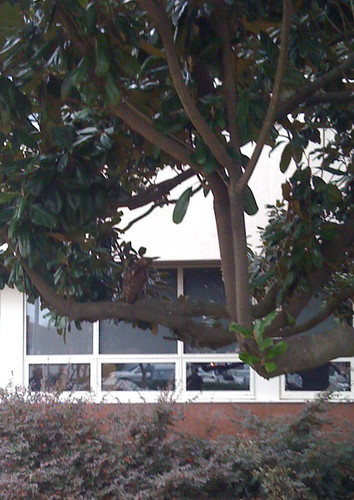Newlywed Joi has compiled a selection from his photos into a new book, Freesouls. The book compiles a portfolio his protrait photos with essays (including contributions by Lawrence Lessig, Howard Rheingold, Cory Doctorow, and Yochai Benkler) and short reflections, all under a Creative Commons license — “Share This Book!” Joi went ahead with this project even though he and Chris Adams included photos of me
and of Margaret
and we both feel as though we look goofier than usual in these shots. I especially like the moodier, more reflective picture he took of Margaret a few minutes earlier in the evening.
and we both like the more conventional portrait shot Joi took of me.
Joi also elicited from all his subjects brief responses to the question, “What is a Freesoul?” which responses he has interspersed with and superimposed on the photos.
Joi’s an exceptionally gifted photographer, and his friends are a fascinating bunch (I mean, apart from a couple of ordinary theologians); the combination of his graphical representations of them, and their observations on freedom, make an intriguing depiction of a particular circle of friends and acquaintances at a particular moment — a circle, and a representation of it, that say a great deal about Joi himself as well as the subjects and their worlds. Throw in the essays, and it’s a remarkable document altogether — we’re honored to be associated with it.




